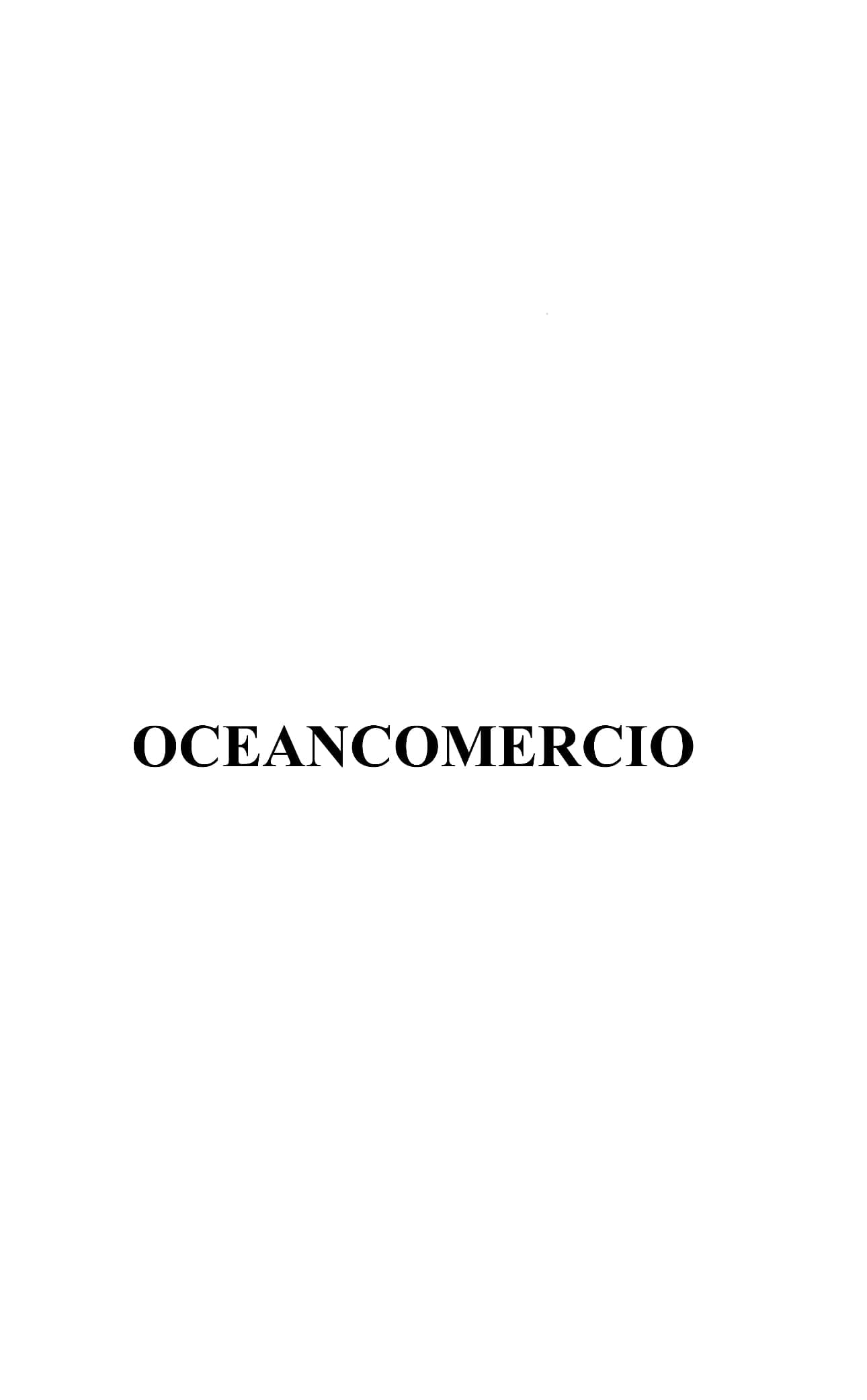Your cart is currently empty!
Great question. The penalties or fees when refinancing usually come from a few sources — they’re mostly about covering the costs of the loan and protecting the lender’s interests. Here’s why you might see penalties:
⸻
1. Prepayment Penalty
• Some mortgages (especially investment property loans) have a prepayment penalty if you pay off the loan early — which is what refinancing technically does.
• Lenders lose money on interest when you refinance, so they charge this to make up for it.
• Not all loans have this, but some do — especially if you got a low rate or had bad credit.
⸻
2. Closing Costs
Refinancing is basically getting a new loan, so:
• You pay for an appraisal, credit report, title search, origination fees, and more.
• These can add up to 2-5% of the loan amount.
⸻
3. Mortgage Insurance Reset
• If you haven’t built enough equity (usually 20%), you might have to pay PMI (private mortgage insurance) again.
• Even if you already paid it once, a new loan might restart it.
⸻
4. Escrow/Tax/Insurance Adjustments
• Your lender might require you to fund a new escrow account, which could mean extra upfront costs.
• You might also owe some prepaid property taxes or homeowners insurance.
⸻
5. Points or Buydowns
• Some people buy down the interest rate by paying “points” upfront.
• This is optional, but it’s another cost that can feel like a penalty.
⸻
TL;DR:
Penalties and fees aren’t really punishments — they’re just costs of doing a new deal with the lender. Some can be avoided or negotiated.



